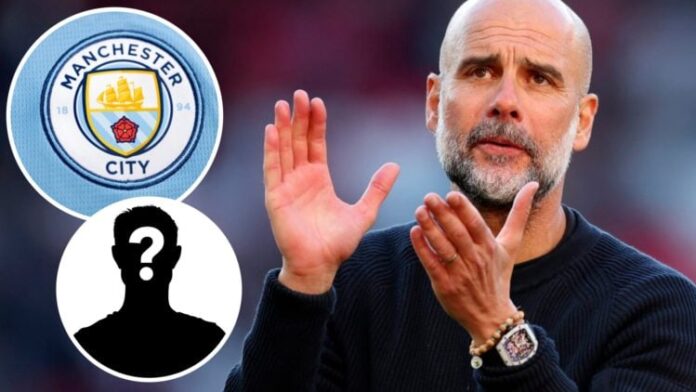Pep Guardiola’s pursuit of more silverware at Manchester City continues amid mounting speculation over how much longer he will remain at the Etihad Stadium.
City’s season has taken a shaky turn, and with questions growing around the manager’s long-term intentions, attention is already drifting toward who might eventually take his place.
City’s latest Premier League setback came in a 2-1 defeat against Newcastle United on 22 November, a result that pushed the team down to third place and left them seven points adrift of early-pace leaders Arsenal.
Their European campaign has offered little relief either. A 2-0 home loss to Bayer Leverkusen in the Champions League added to the sense of unease, especially after such a dominant period under Guardiola.
Although Guardiola penned a contract extension in November 2024—one that runs until June 2027—there have been persistent suggestions this 10th season at Manchester City could be his last.
Whether the Spaniard intends to stay the full course is unclear, but the mere possibility of change has fuelled wide-ranging discussion about who could realistically fill one of football’s most demanding roles.
Kompany to replace Guardiola as his name still resonates at the Etihad
One figure whose name refuses to fade is Vincent Kompany. The Belgian captain who lifted multiple Premier League titles across his 11-year stay at City has often been spoken of as a potential future manager of the club.
His leadership, tactical intelligence, and deep connection with the fanbase make him an obvious sentimental favourite.
According to former Manchester City financial adviser Stefan Borson, Kompany to replace Guardiola is possible with his strong ties to the club naturally place him among the first names to be mentioned whenever Guardiola’s future is debated.
Borson, speaking exclusively to Football Insider, explained that Kompany will always be “high on the list” of coaches linked with the position simply because of how highly he is regarded within the club’s history.
Yet the circumstances surrounding him are complicated. Kompany recently committed himself to Bayern Munich until 2029 after steering the German giants to the Bundesliga crown last season.
That long-term deal suggests he is in no rush to leave, and Bayern may be reluctant to part with a manager they believe can guide their next era.
Even so, Borson emphasises how unpredictable managerial careers can be, and how assumptions made today rarely hold for long. In his words:
“Nobody would have foreseen Pep doing more than half his managerial career at City, so who knows in terms of who the next manager is.
“I think because it changes so quickly with managers in terms of being flavour of the month being rated as managers, and having collapses in form of some teams, I think you can only assess that when you’ve got an idea of whether somebody’s leaving.”
Many City fans want Kompany to replace Guardiola and continues his legacy which has already delivered 18 trophies since he arrived in 2016, and his tenure has shaped the modern Premier League era.
For any successor, the scale of that legacy presents both a challenge and an opportunity.
But Borson believes it would be unwise to prematurely assume which coach might be ready to inherit the role.
Future candidates hard to predict
Borson also warned that the managers linked with City today may not be as appealing in a few months’ time, as football’s volatile nature can quickly alter reputations.
“I think clearly someone like Vincent Kompany is always going to be high on the list of people that there’s going to be rumours about, but he’s just signed a contract to 2029,” he said.
“Beyond that, I think it’s really hard to say who City go for. There are lots of highly-rated managers. You just don’t know.
“We’ve seen lots of managers who’ve been going really well and then all of a sudden, three months later, they’ve been fired.”
- Man City 0-2 Bayer Leverkusen: Guardiola admits mistake as visitors punish heavy rotation
- Pep Guardiola backs Oscar Bobb to rediscover his sharpness after difficult spell
Those comments reflect a reality City have long understood: any successor to Guardiola must be chosen with precision, patience, and a clear sense of long-term direction.
The club’s hierarchy are unlikely to rush into identifying a replacement unless they are certain Guardiola’s departure is imminent. Even then, the search will be exhaustive.
City’s ownership group has always preferred a methodical approach, favouring stability and a long-term vision.
That philosophy has strengthened during Guardiola’s decade in Manchester, where his influence has shaped not only the first team but the academy structure, recruitment strategy, and overarching football identity.
Any future manager will be expected to operate within that framework, not overhaul it entirely.




